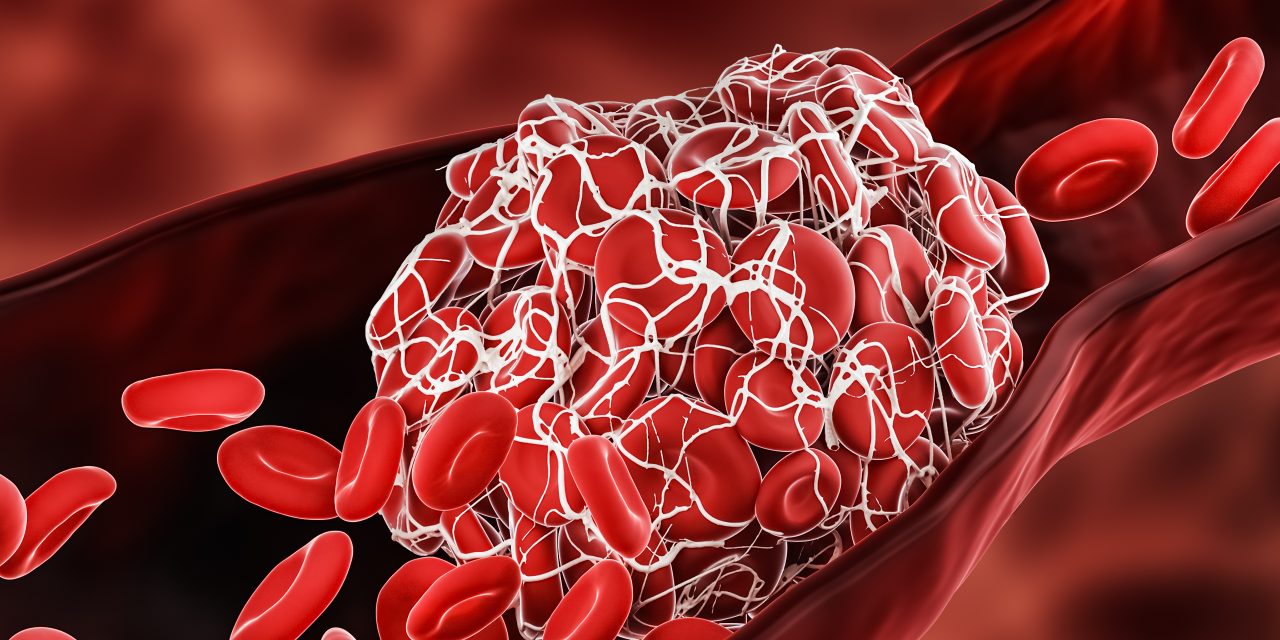There was little data on whether unrelated cord blood transplantation (CBT) or HLA 1–3 antigen–mismatched related donor peripheral blood stem cell transplantation (PBSCT) with low-dose anti-thymocyte globulin (ATG) was better as alternative transplantation for patients who do not have an HLA-matched sibling or unrelated donor. As a result, researchers sought to look at 7,861 individuals with hematologic malignancies (aged 0 to 70 years) who received either a CBT without ATG (n=7,034) or an HLA 1-3 antigen–mismatched related donor PBSCT with low-dose ATG (n=827). Although PBSCT-ATG patients with an HLA 1 antigen mismatch had an overall survival (OS) comparable to the CBT-no ATG group, CBT-no ATG patients had significantly higher overall survival (OS) than PBSCT-ATG patients (hazard ratio [HR], 0.77; P<.001). In the CBT-no ATG group, neutrophil and platelet engraftment was significantly delayed, although nonrelapse mortality and severe graft-versus-host disease (GVHD) were dramatically reduced. Between these donors, the rates of recurrence and persistent GVHD were comparable. Finally, CBT without ATG might have been better than HLA-mismatched related donor PBSCT with low-dose ATG for HLA-mismatched associated donors. In particular, HLA 2-3 antigen mismatch-related transplantation with low-dose ATG had a considerable negative impact on transplant outcomes.


